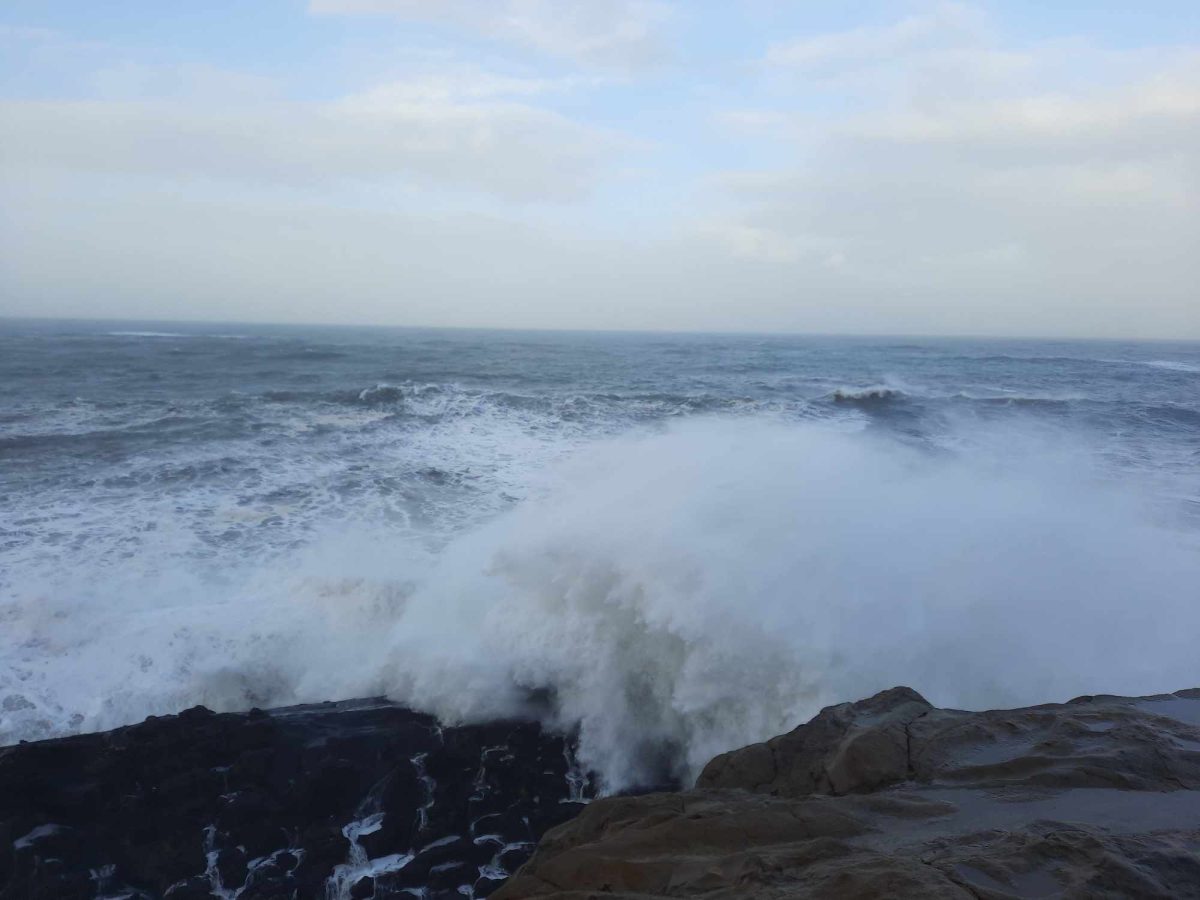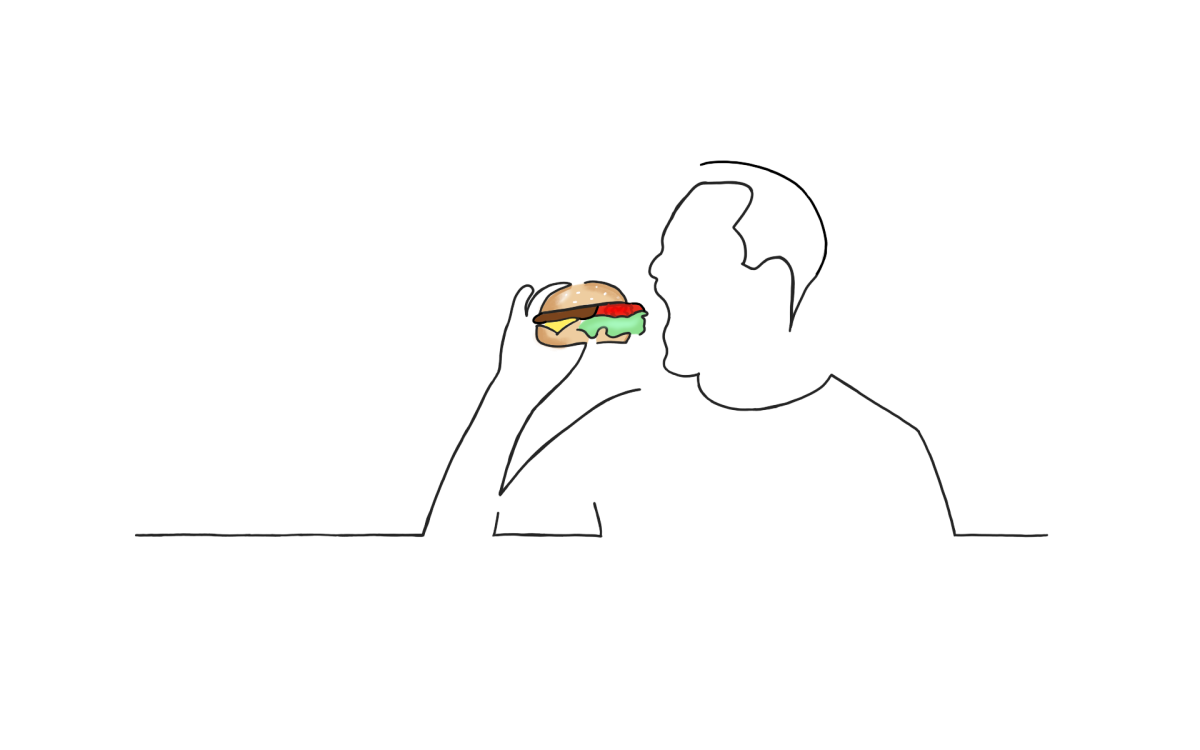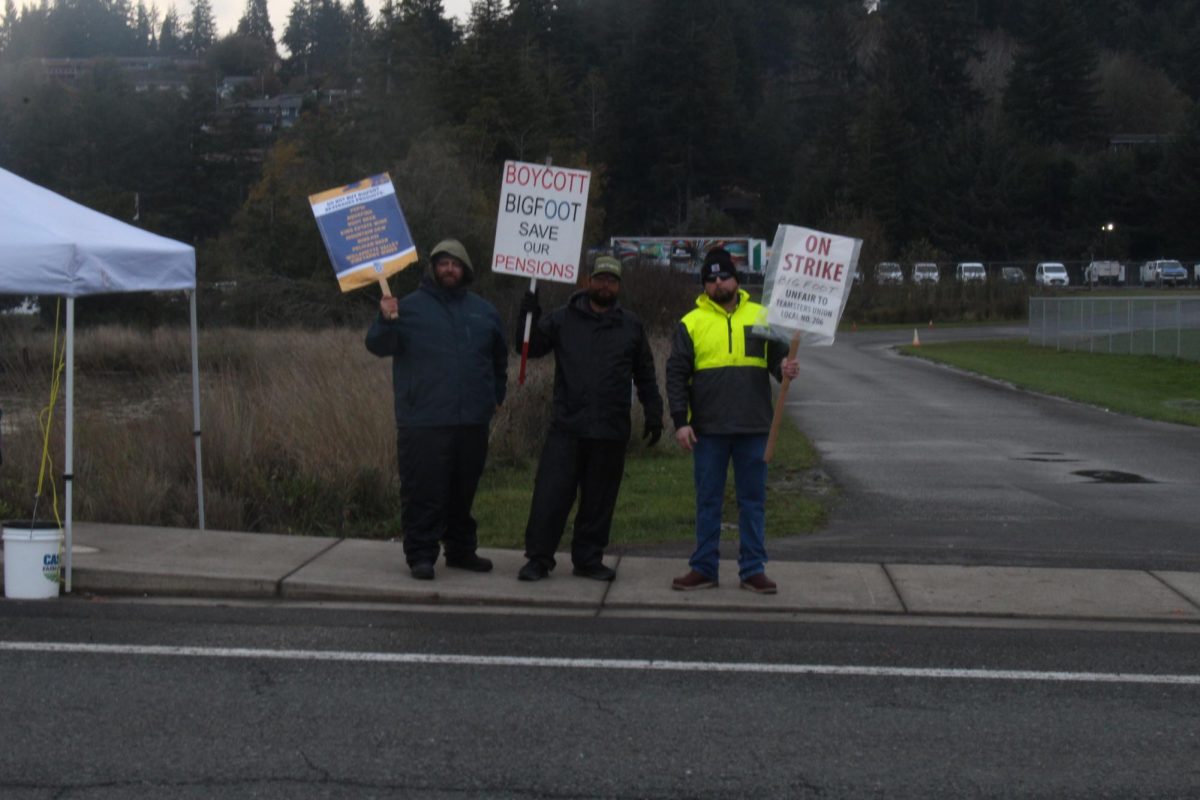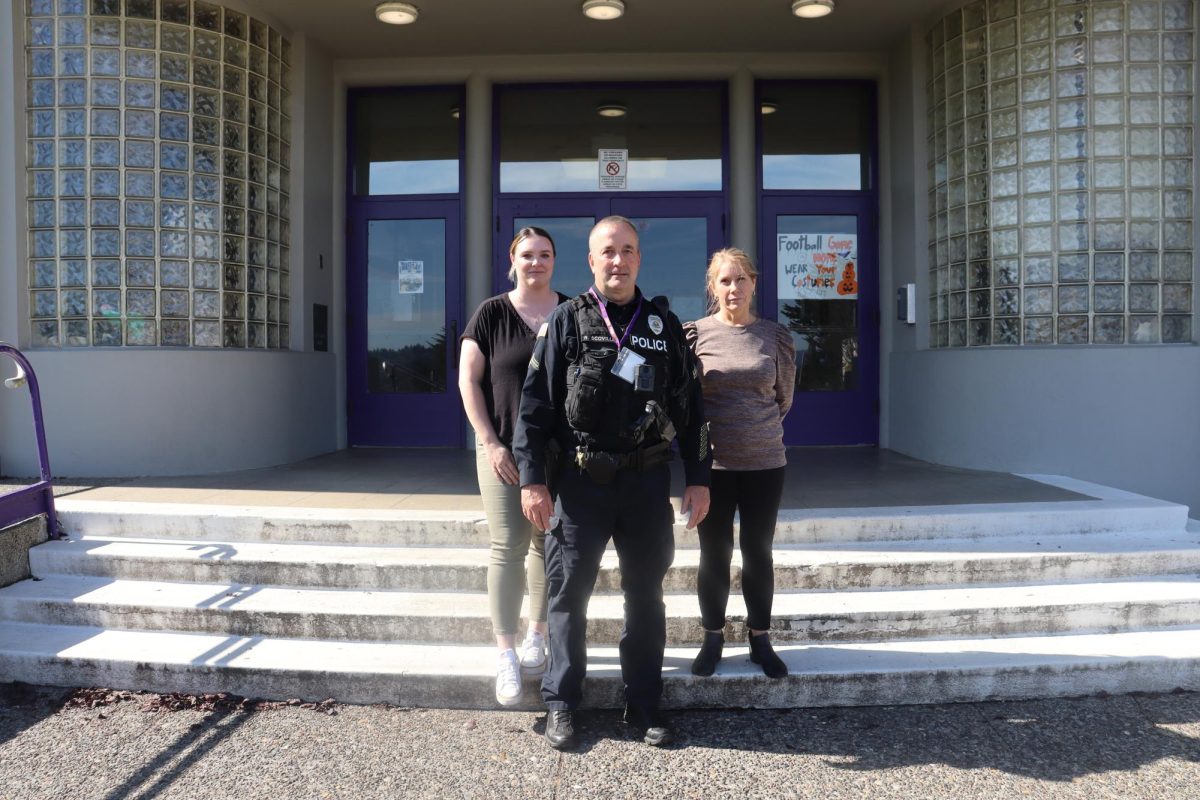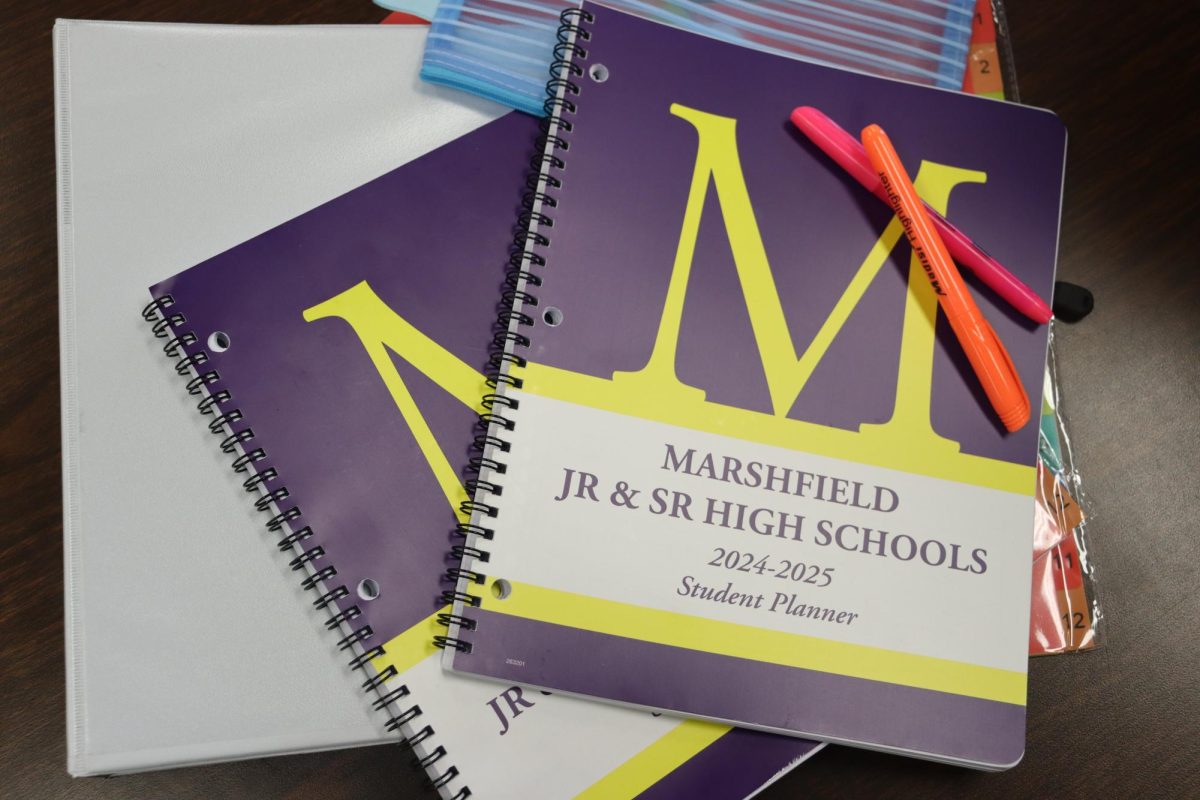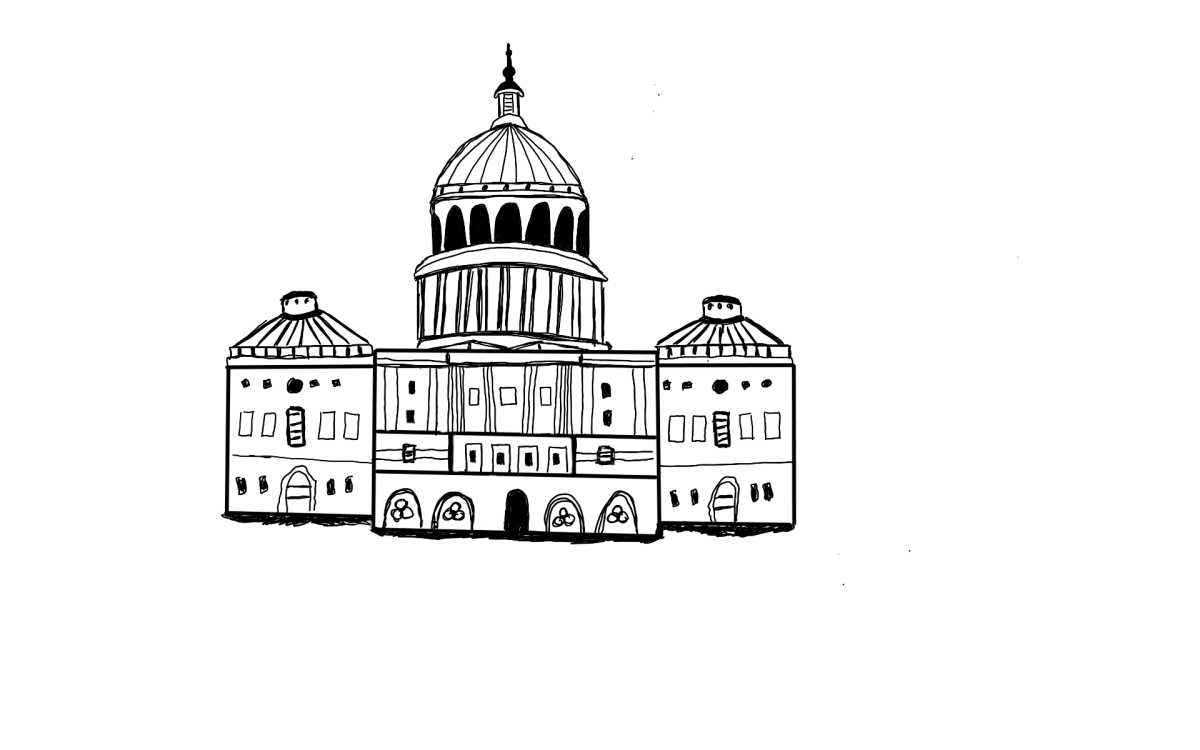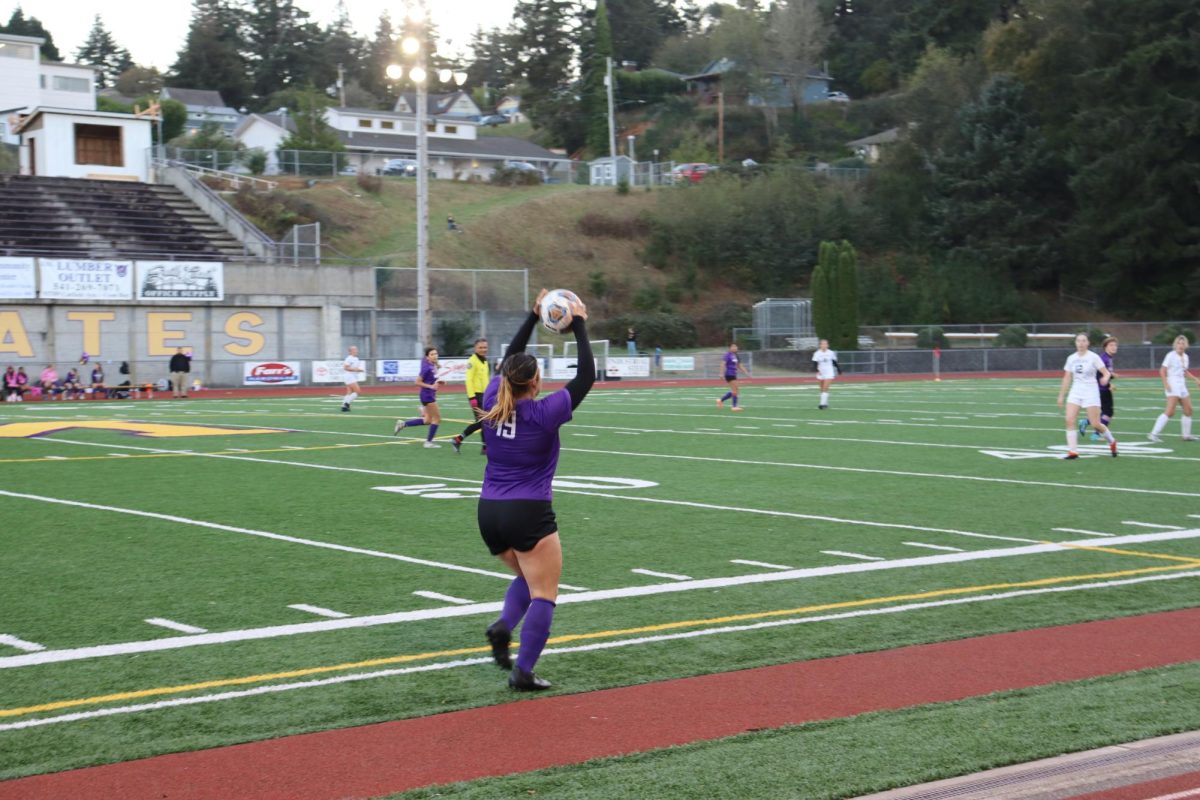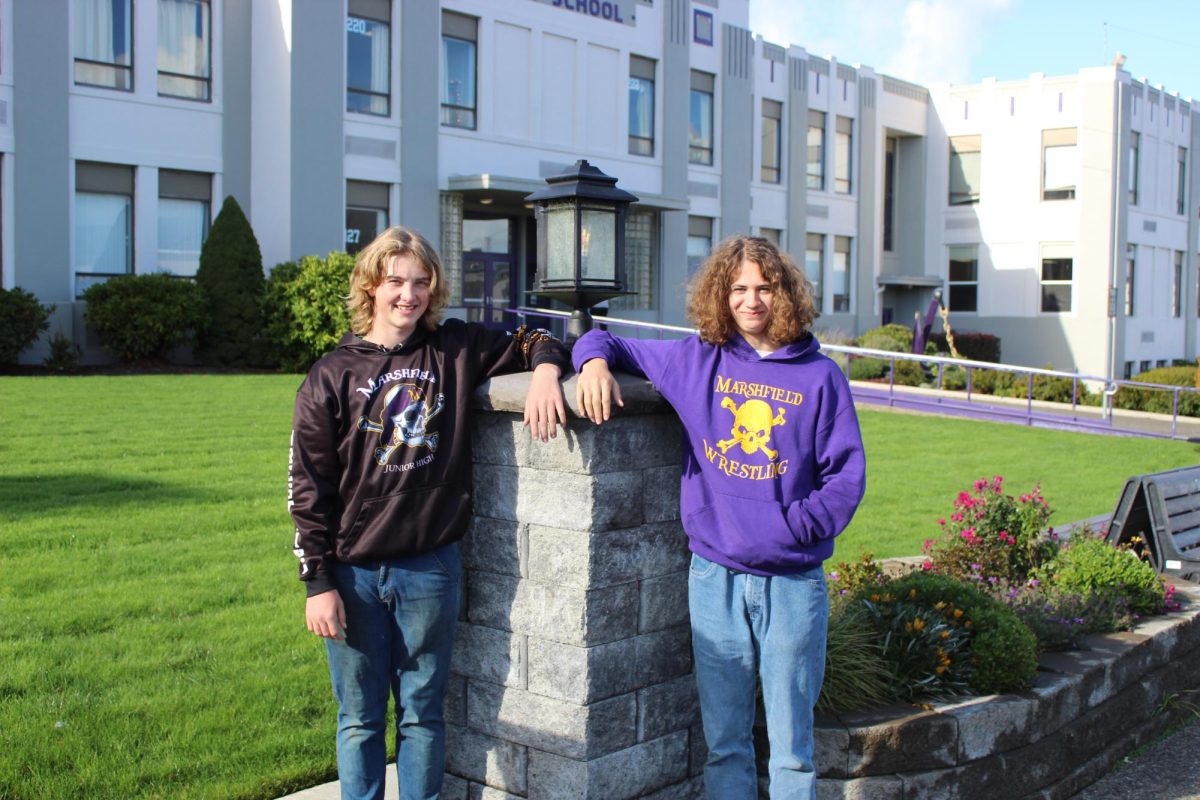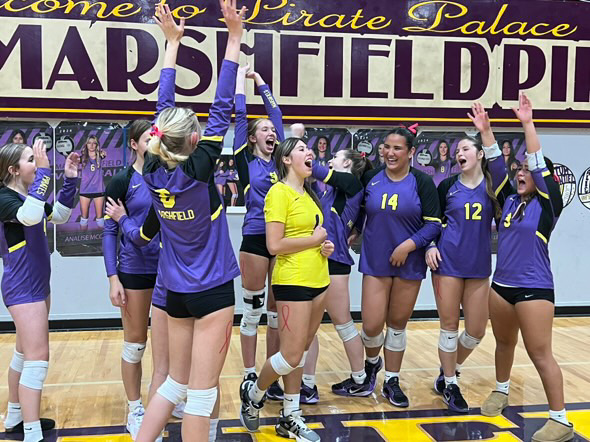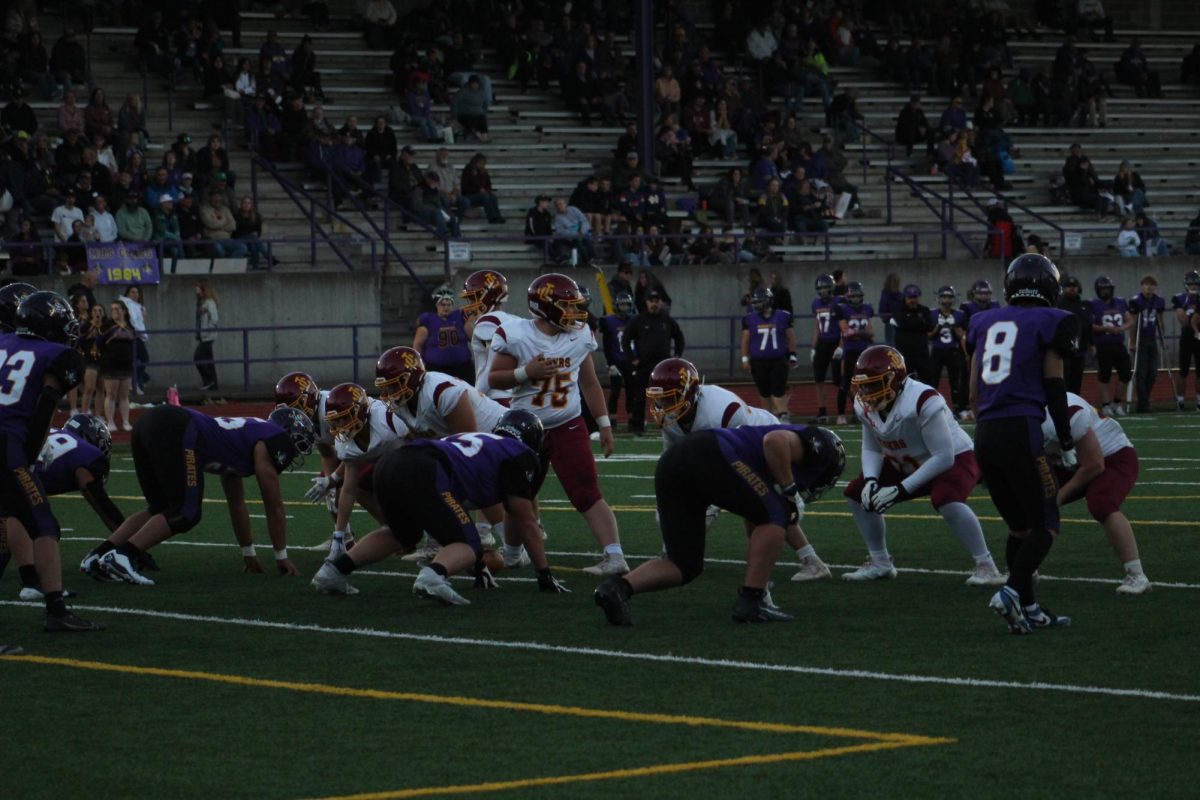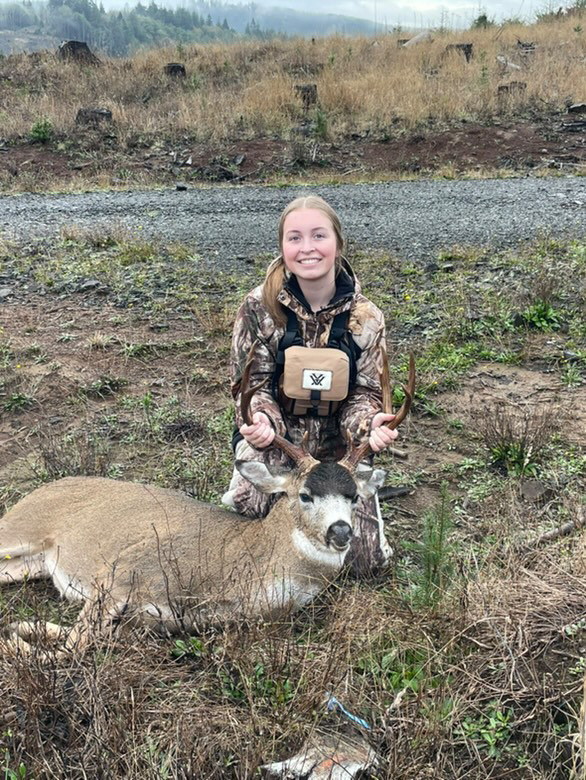Local wildfires in Oregon over the last month have had a significant impact on the region. The dense smoke and poor air quality have forced many outdoor sporting events to be canceled or rescheduled. Athletes and spectators alike have been advised to limit their exposure to the hazardous conditions. Additionally, the destruction caused by the wildfires has led to the closure of several sports facilities and trails, further disrupting the active community. The ongoing wildfires continue to pose a threat to the safety and well-being of Oregonians.
Todd Boqholtz, a type one national incident management specialist, has dedicated over 30 years to being a fireman. Throughout his career, he has attended numerous funerals due to the loss of his companions. Boqholtz acknowledges the challenges that come with the job, including long hours, intense heat, smoke, dust, subpar food, and physically demanding work. He emphasizes the importance of maintaining focus during firefighting operations and taking advantage of opportunities to decompress once fire season concludes.
“Each year wildfires consume homes, outbuildings and infrastructure,” said Boqholtz.
Engine driver Don Boyer is driven by a thrill for risky endeavors. In his role as a fireman, he has faced numerous challenges, including enduring extreme weather conditions, affecting his health. Despite the demanding conditions, he has persevered through long hours without sleep.
“Working those long hours with very little sleep over a long period of time with smoke burning your eyes most nights can totally exhaust you,” said Boyer.
He diligently strives to meet the rigorous requirements of a fireman, preparing himself for the challenging obstacles ahead.
“After graduating high school, one of my best friends died in a tragic accident,” said Coos Bay Fire Chief Mark Anderson, who has been lauded for his career of heroism. “The firefighters and paramedics that worked to save him inspired me to consider pursuing a career in the fire service.”
He recognizes the significant impact of wildfires on our community, acknowledging that student athletes could be negatively affected by the smoke making it hard to perform/compete as normal.
The wildfires in Oregon serve as a poignant reminder of the pressing need for effective measures to prevent such devastating disasters in the future. The implications extend far beyond mere property damage or environmental destruction; they have disrupted lives, shattered livelihoods, and inflicted psychological trauma on those affected. Families have been displaced, businesses have been destroyed, and entire communities have been displaced by the sheer force of nature unleashed.
For athletes, the wildfires have wreaked havoc on their training routines and competition schedules, halting their progress and casting doubt on their ability to perform at their peak. Through collaborative efforts between the government, local communities, and various stakeholders, it is imperative to forge a path forward, where lessons learned from these wildfires are utilized to enhance resilience, protect lives and livelihoods, and create a safer, more sustainable future.

